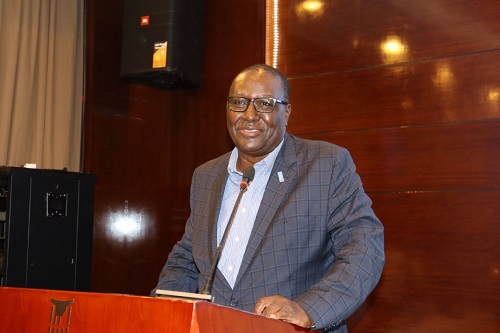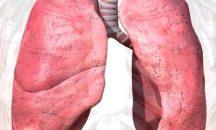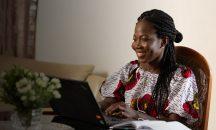WHO Country Representative speaks on breast cancer, other matters

Dr. Francis Chisaka Kasolo
As the awareness campaigns against breast cancer wind down, the Country Representative of the World Health Organisation (WHO) Dr.Francis Chisaka Kasolo, has encouraged individuals to make their health needs a priority as the government and its partners continue working to attain universal health coverage.
He says the government can do its part but the onus is on the citizenry to make a conscious effort to regularly monitor their health status relative to breast cancer and other diseases.
Speaking in an interview with The Spectator, he noted that efforts to reduce breast cancer deaths may be undermined if individuals did not turn up or report early at health facilities to be screened or treated for breast cancer cases.
“The work of government is to provide the services but as an individual, you need to sit and tell yourself that nobody is going to tell me to keep healthy but myself.
“We must be aware of our health needs and invest in promoting our personal health. For instance, you need to tell yourself that I am going to examine my breast to ensure that I do not have a lump developing which may herald the beginning of breast cancer,” he said.
Dr Kasolo, therefore, urged the public not to downplay the essence of regular examination as there were effective treatment for breast cancer when it was detected early enough.
Breast cancer awareness
The Country Director, who was responding to questions in line with breast cancer awareness campaigns held locally, agreed that public education on the disease should be an all-year-round activity instead of solely dedicating the month of October to public sensitisation to the disease which continued to claim many lives.
He admitted that the campaigns in Ghana and most parts of Africa tended to taper off after the month of October but there must be “a more comprehensive approach” and adequate resources made available for a year-long campaign while other sectors supported the efforts put in by the health sector.
“It will not cause a dime for the radio stations to talk about breast cancer from January to December, after all they talked about COVID from January to December.
“It has to be comprehensive rather than picking one disease and creating awareness on that, if we are going to create awareness for Tuberculosis or Malaria, there has to be an opportunity to talk about other diseases and conditions such as breast cancer,” he stated.
On whether there was an end in sight to the fight against the disease, Dr Kasola maintained that the number of deaths occurring as a result of breast cancer could be reduced if people show up at health facilities for the treatment of breast cancer early.
Impact
While encouraging campaigns against cancers in general, he further stressed the importance of establishing well-equipped cancer treatment centres that were manned by well-trained human resources across the country and not just in one region.
“If we can do these, then we can safely say that we are on the road to ensuring that breast cancer becomes a lesser of a problem than it is now, we can safely say that the end is in sight for breast cancer not only in Ghana but globally ” he noted.
Dr Kasolo again emphasised the need to measure the impact of the awareness campaigns and compile comprehensive data that would inform decision makers on areas to direct resources.
He said the WHO was on course with its Global Breast Cancer Initiative aimed at reducing breast cancer by 2.5 per cent per year, which over a 20 year period would save 2.5 million lives.
The strategies being employed to achieve this objective, he added, included health promotion and early detection, timely diagnosis and comprehensive breast cancer management.
Highlighting other initiatives WHO had been embarking on since he took office in February 2021, the Country Representative explained that there was collaboration with the Government of Ghana at improving health governance, health financing and security while other programmes targeted at detecting and managing non-communicable diseases were being implemented.
He said as the country continued to invest in the health sector, the government must ensure that “a significant number of human resources are retained to serve the nation and help attain universal health coverage by year 2030, in line with the Sustainable Development Goals (Goal Three).”
Background
Dr.Francis Chisaka Kasolo is an Infectious Disease Physician with specialisation in Clinical Virology. He has worked with WHO in various capacities for the past 18 years.
Prior to his new appointment, he was a Director in the office of the WHO Regional Director for Africa, responsible for advising the Regional Director on policy and strategic issues pertaining to the work of the organisations.
Dr. Kasolo served as Director for Ebola Preparedness with the United Nations Mission on Emergency Ebola Response (UNMEER) in Accra in 2014.
Asked what his legacy would be as Country Representative in Ghana, he said he wants to be “remembered as the person who provided opportunities for Ghana to move forward in achieving universal health coverage.”
“I want to be remembered as the person who advocated rural population to receive a greater share of support not just from the government but from all the partners that are supporting health in Ghana,” he noted.
He again wants to ensure that “Ghanaians working as National Professional Officers are given the same opportunity to become international staff in other countries.”
By Ernest Nutsugah















